
Malware Threat: Hackers Steal Your Data Using USB Flash Drives
Recent reports about cybersecurity threats indicate that hackers have started using malware to steal data from USB flash drives. This has become one of the latest strategies allowing criminals to access users' personal information. According to research, fraudsters employ clever methods to activate malicious software on devices when they are connected to computers or other devices.
Continue reading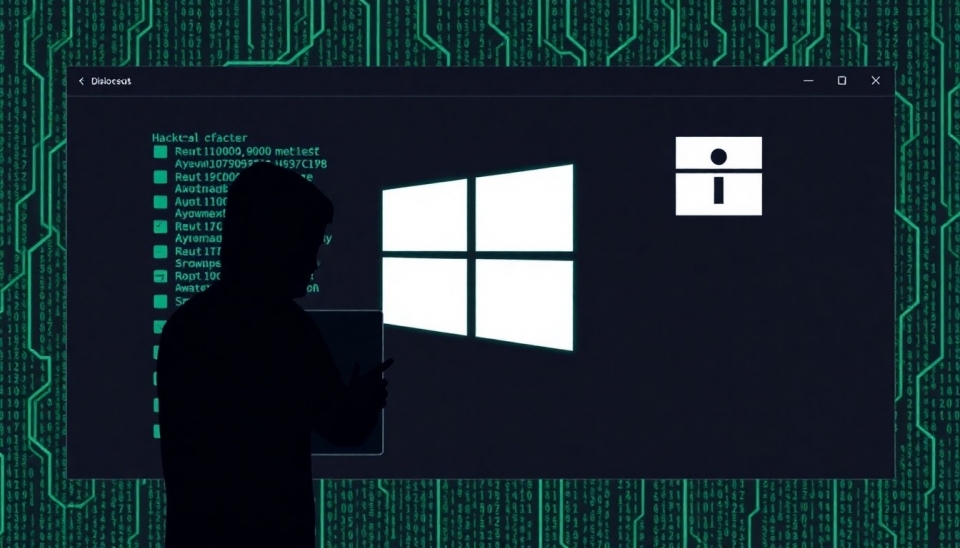
Hackers Bypass Built-in Windows Protections
Recent news from the cybersecurity realm reveals that hackers have found a way to bypass the built-in protections of the Windows operating system. This vulnerability, discovered by researchers, allows malicious actors to circumvent security mechanisms designed to protect users from malware and attacks. It's crucial to note that such threats can jeopardize user data and information security.
Continue reading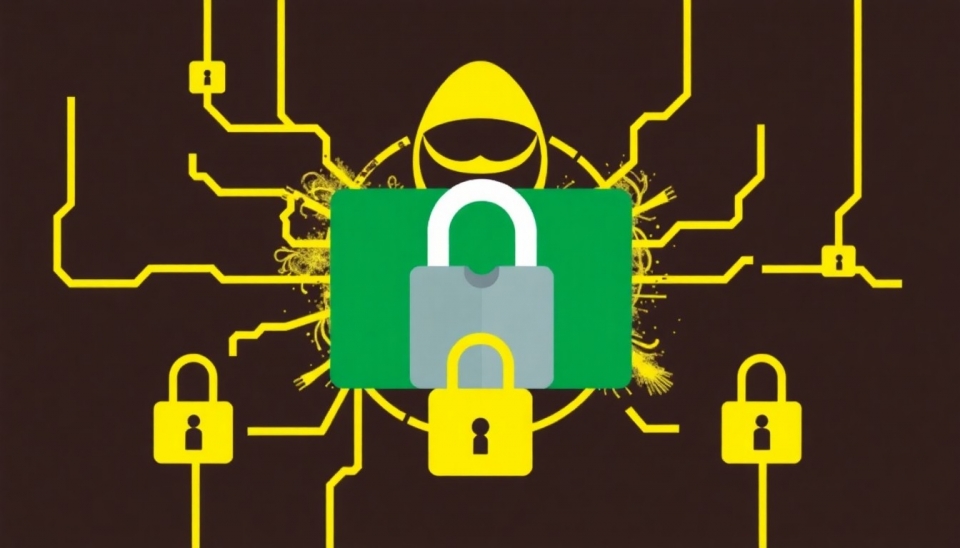
Dangerous Hack: Cybercriminals Use DoubleClick Vulnerability for Account Takeover
Recently, alarming reports have emerged regarding a new type of hack known as "doubleclickjacking." This threat allows cybercriminals to hijack Google accounts by exploiting a vulnerability in DoubleClick, a service owned by Google. Hackers can take advantage of this flaw by manipulating double mouse clicks, which enables them to silently interact with interface elements on the victim's screen.
Continue reading
Hackers Shift to Targeting Apple ID After Successful Windows Breaches
Recent studies reveal that hackers have begun to actively target Apple ID accounts, moving away from Windows systems. This shift in strategy among cybercriminals raises alarms for cybersecurity experts, highlighting a new tactic aimed at gaining access to users' personal data.
Continue reading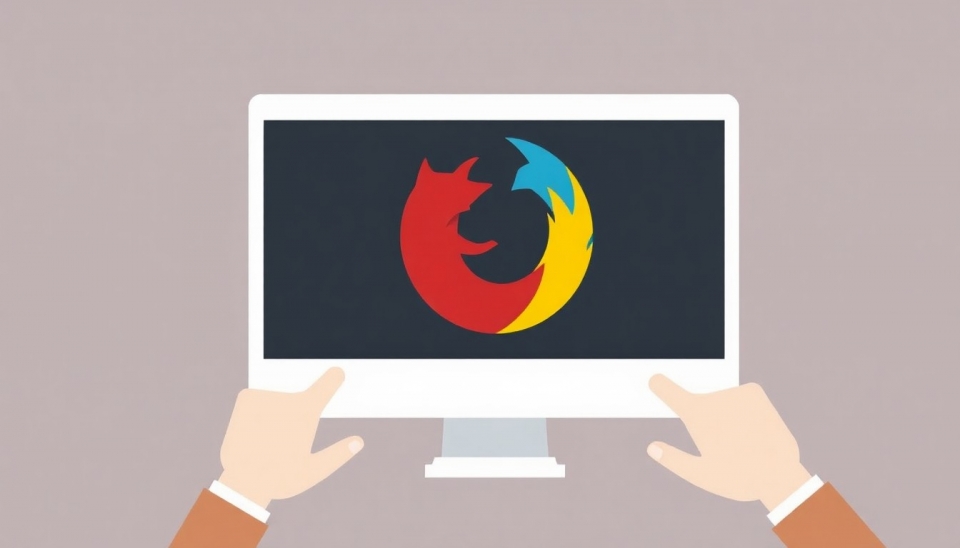
Millions at Risk: Hacked Browser Extensions Expose Personal Data
A recent investigation in the cybersecurity field has uncovered that 16 browser extensions available for download in the Chrome and Firefox stores have been compromised. These dangerous add-ons have managed to put the data of more than 3.2 million users at risk. The hacked extensions were used to gain access to user accounts and collect personal information, including confidential data.
Continue reading
The Resurgence of Dormant Mac Malware: New Capabilities for Hackers
Recent reports about a long-dormant Mac malware, known as Gimmick, have caught the attention of cybersecurity experts. This malicious software was thought to be lost and had been virtually invisible to users. However, its unexpected return to cyberspace has resulted in updated capabilities, allowing hackers to more effectively target Mac devices.
Continue reading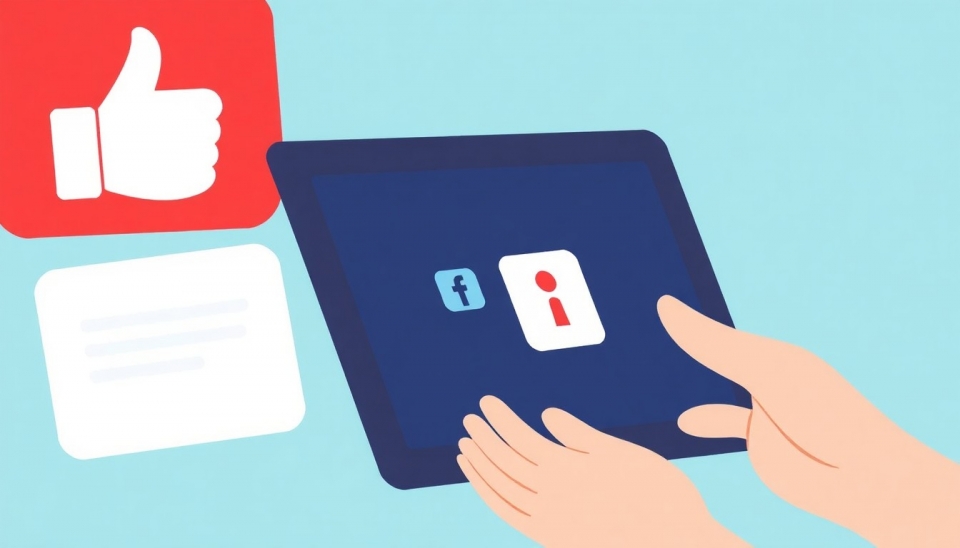
What to Do if Your Social Media Has Been Hacked: A Comprehensive Guide
In today's digital world, social media security has become critically important, especially following recent hacking incidents. Panic has spread among users as news of massive data leaks and account compromises emerged on popular platforms. The new information highlighting how hackers gained access to personal information and even used it for malicious purposes underscores the necessity for active surveillance of your account security.
Continue reading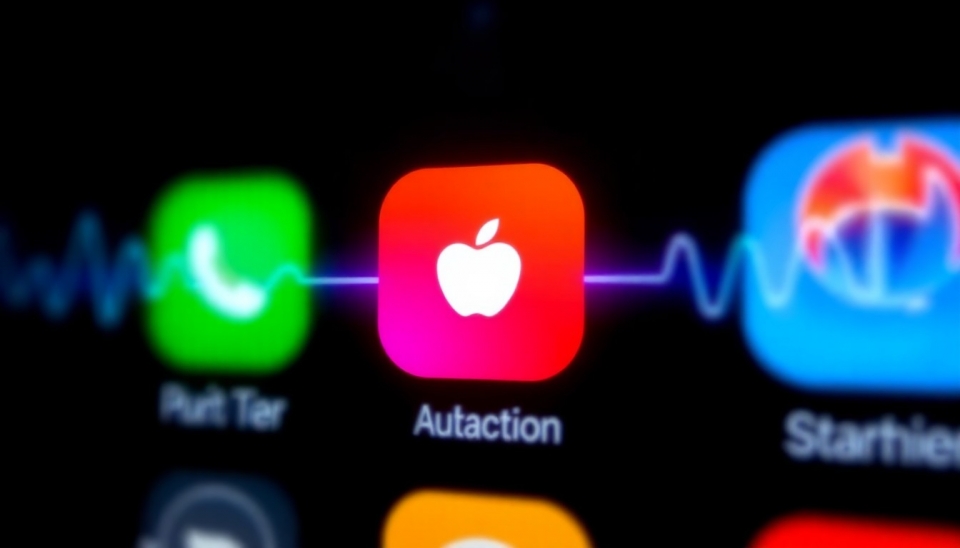
iOS Vulnerability Allows Stealthy Attacks on iPhones: Experts Sound Alarm
Recent studies have revealed that a vulnerability in the iOS operating system may allow hackers to carry out stealthy attacks on iPhones, raising serious concerns among users. Cybersecurity specialists warn that this issue could affect millions of Apple device owners worldwide.
Continue reading
Beware: Clicking on a Google Calendar Invite Could Be a Hacker's Trap
Recent days have seen reports about a new tactic being employed by hackers for phishing attacks. Users receiving Google Calendar invites are becoming the targets of these malicious behaviors. The cybercriminals behind this scheme are known to send fake invitations that appear legitimate. Unwary users can easily click on a link and enter their credentials, providing hackers with access to personal information.
Continue reading
Hackers Hijack Subaru Starlink: A Security Threat for Drivers
Recently, serious vulnerabilities in the Subaru Starlink system were revealed, allowing hackers to gain remote access to vehicles, posing a threat to the safety of drivers and passengers. Cybersecurity researchers discovered that criminals could easily exploit weaknesses related to the Starlink API. The Starlink system, designed to support and control vehicle functions through a mobile application, found itself unexpectedly under threat.
Continue reading